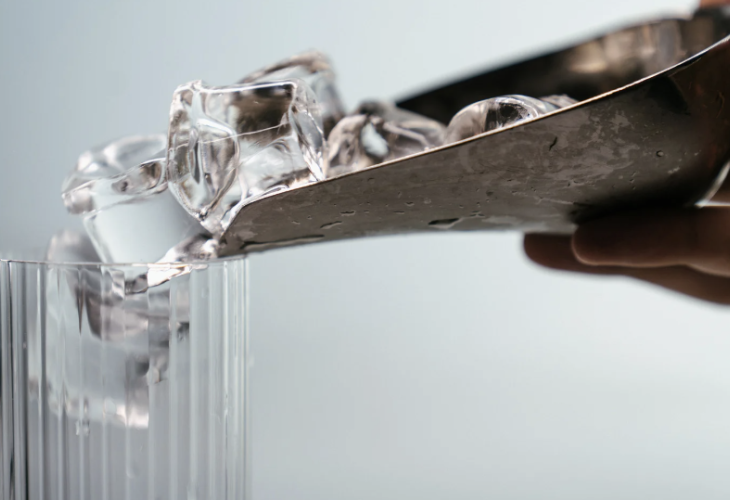The Secret to Perfect Ice Cubes: Why You Should Boil Your Water
Discover why boiling water before making ice cubes matters, whether double boiling is dangerous, and how to check your local water quality.

When it comes to making ice cubes at home, many of us simply fill the ice tray with tap water without a second thought.
But how often do we remember that tap water can sometimes contain metals and chemical contaminants such as arsenic, copper, and lead, in addition to microbial contaminants that can cause viruses? While it's true that in Israel tap water undergoes safety checks every ten years, and a committee appointed by the Director-General of the Ministry of Health works to elevate the water's quality to international standards, the possibility of contaminants always exists as long as the water remains unfiltered.
Some claim that boiling water twice is hazardous to our health. Is there any truth to this assertion?
According to Dr. Eitan Oxenberg from the Davidson Institute, "The general answer is no. The only chemical process occurring when you boil water is evaporation—meaning the transition of water molecules from liquid to gas. The water doesn’t chemically transform, and as long as the appropriate utensils are used, there is no reason for additional elements or compounds to appear that weren't already present. That said, the claim that re-boiling water leads to the accumulation of harmful substances isn't completely false. The steam that rises during boiling consists of water molecules leaving the boiling vessel, and most other substances, including salts, metals, and other compounds, typically remain in the boiling pot in the same quantity."
So, should you boil water before making ice cubes at home? Absolutely yes, but just once. Boiling the water once helps eliminate many contaminants (also the reason why water is boiled when preparing infant formula).
Additionally, it's wise to check your local water quality reports. If the maximum arsenic concentration, for example, is 10 micrograms per liter, it means a glass of water would exceed the permissible arsenic concentration. By reviewing water quality reports, you're essentially preparing for situations where your local water is too contaminated, in which case the recommendation would be to use filtered water instead of tap water.

